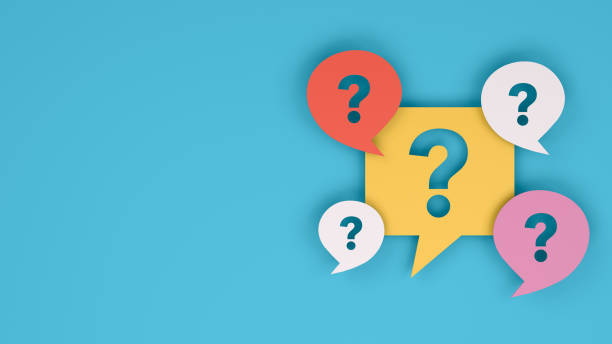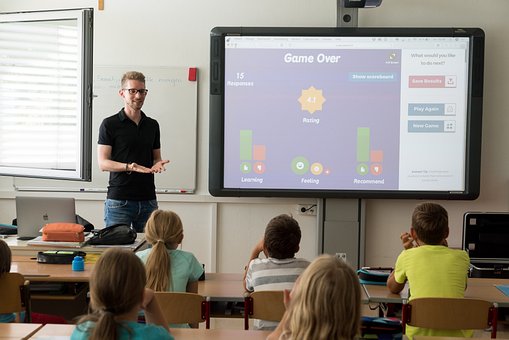asking questions before, during and after reading is very important and this is a guide on why you should be asking questions before, during and after reading, and also how to do it effectively.
First of all, Reading is an essential activity that helps us gain knowledge, broaden our perspectives and improve our critical thinking skills. However, simply reading a text is not enough to fully comprehend it. To truly understand a text, we need to engage in active reading by asking questions before, during and after reading.
Asking questions is a powerful tool that helps us to focus our attention, recall information, and make connections between what we already know and what we are reading. In this blog post, I together with you will explore the benefits of asking questions before, during and after reading and provide tips for asking effective questions before, during and after reading. Let’s get started
>> See This Suggestion: Effective Reading Comprehension Questioning Techniques
Benefits of Asking Questions Before, During and After Reading

Asking questions before, during and after reading can help us to:
- Focus our attention: By asking questions, we become more engaged in the reading process and are better able to focus our attention on the content.
- Enhance comprehension: Asking questions helps us to better understand the text by encouraging us to actively think about what we are reading.
- Improve memory: By asking questions, we are more likely to remember key details and important information from the text.
- Make connections: Asking questions can help us to make connections between what we already know and what we are reading, which can deepen our understanding of the text.
What Are Some Questions to Ask Before Reading?
Before reading a text, it is important to preview the material and ask questions to help prepare for the reading. Some questions to consider before reading include:
- What do I already know about this topic?
- What do I hope to learn from this text?
- What is the purpose of the text?
- Who is the intended audience?
- What is the author’s background and expertise on the topic?
Asking Questions During Reading
Asking questions during reading can help to keep us engaged and improve our understanding of the text. Some questions to consider while reading include:
- What is the main idea of the text?
- What are the key details and supporting evidence?
- What are the author’s opinions and arguments?
- What are the implications of the information presented?
- Are there any connections between the current text and previous readings or personal experiences?
>> See This Suggestion: Why Is it important to ask questions when reading [ 7 Best Reasons]
Asking Questions After Reading
Asking questions after reading can help to reinforce our understanding of the text and provide opportunities for reflection. Some questions to consider after reading include:
- What did I learn from this text?
- What was the author’s purpose and message?
- What are the strengths and weaknesses of the text?
- How does this text relate to other readings or personal experiences?
- What questions do I still have about the topic?
What do readers do before during and after reading?
Readers engage in different activities before, during and after reading to help them comprehend the text and gain a deeper understanding of the content. Here are some common activities that readers do before, during and after reading:
Before reading:
- Preview the text: Before reading the text, readers often scan the material to get a general idea of what it’s about. They may read the title, headings, subheadings, and bolded text to get a sense of the main ideas.
- Activate prior knowledge: Readers may also activate their prior knowledge about the topic by thinking about what they already know or have learned about it. This helps them make connections between what they already know and what they will be reading.
- Set a purpose for reading: Readers may set a purpose for reading the text, such as to gain information, to understand a concept, or to evaluate an argument. This helps them focus their attention on what’s important and relevant to their purpose.
During reading:
- Monitor comprehension: As they read, readers monitor their comprehension by checking their understanding of the text. They may do this by summarizing what they’ve read, asking questions, or making predictions about what will happen next.
- Use reading strategies: Readers may use different reading strategies to help them understand the text. For example, they may use context clues to figure out the meaning of unfamiliar words, make inferences based on the information presented, or visualize what they’re reading to help them remember it better.
- Highlight or take notes: Some readers may highlight important information or take notes to help them remember key points or ideas.
After reading:
- Summarize: Readers may summarize what they’ve read to ensure they’ve understood the main ideas and important details. This helps them consolidate their learning and remember the information better.
- Reflect on the text: Readers may reflect on the text by thinking about how it relates to their prior knowledge or personal experiences. They may also evaluate the text by thinking about its strengths and weaknesses or by considering its implications.
- Ask questions: Asking questions after reading can help readers deepen their understanding of the text and clarify any uncertainties or gaps in their knowledge. They may also use these questions to guide further research or investigation.
Readers engage in different activities before, during and after reading to help them comprehend the text and gain a deeper understanding of the content. By using these strategies, readers can enhance their reading skills and become more effective and efficient readers.
Tips for Asking Effective Questions:
- Be specific: Asking specific questions can help to focus our attention on important details and information.
- Use open-ended questions: Open-ended questions encourage deeper thinking and discussion by allowing for multiple possible answers.
- Consider context: Asking questions that consider the context of the text can help to provide a deeper understanding of the content.
- Reflect on the purpose of the question: Before asking a question, consider why it is important and how it will contribute to your understanding of the text.
Conclusion On Asking questions before, during and after reading
Asking questions before, during and after reading is a powerful tool that can improve our comprehension, memory and critical thinking skills. By engaging in active reading and asking effective questions, we can deepen our understanding of the text and gain valuable insights into the author’s message and purpose.
So, next time you read a text, remember to ask questions and engage in active reading to maximize your learning and understanding.




